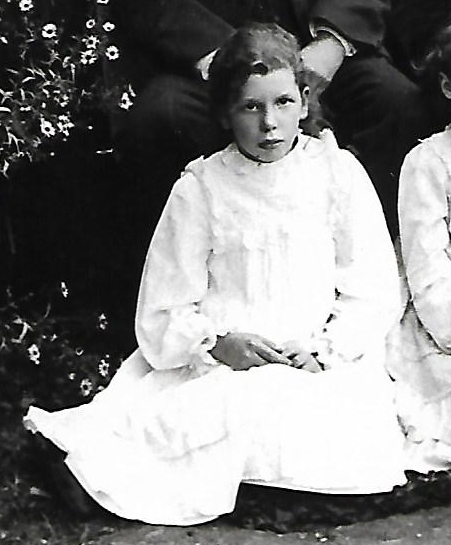16th January was the birthday of my grandmother, born when Victoria was still on the throne into a family of Congregationalist lay preachers. Her own grandfather (1818-1881) had spent a lifetime of service in chapels in Berkshire, Yorkshire and Lancashire, before settling in the Polesworth area of North Warwickshire, where he remained, ‘teaching three times each Sabbath and twice during the week until his death’ (The Congregational Year Book 1881). The writer George Eliot immortalised this era in her novels, when every village had both a church and a chapel, a division which at the time often sprang from and reinforced social divisions.
The Congregational Church does not have bishops but is led by elders and deacons. Women served as elders long before they were admitted to positions of leadership in other churches, and my grandmother was an elder of Albert Street Congregational Church, Rugby, where my parents were married and I was baptised as a baby (without godparents – Congregationalists regard the children of believers as members of the church and responsibility rests with the parents). Unfortunately, this church is no longer in existence, although I possess a plate stamped with the name, which appears each year for the opłatek when we celebrate Wigilia here in Poland.
After a Congregationalist early childhood I was later confirmed in our local Anglican church. This I regarded as personally ratifying the baptismal commitment made at the beginning of my life through my parents. I was actually confirmed by Archbishop Michael Ramsey, whose historic meeting with Pope Paul VI in 1966 was recently commemorated by Pope Francis and Archbishop Justin Welby).
In my working life I have spent time in different places and worshipped in different churches, mainly Anglican, but also Baptist. Early in my career I taught for several years in a Moravian school and learnt much about this church, historically linked to the Bracia Czescy. I have been enriched by all and am thankful for them all.
Almost half my life now has been spent in the mainly Roman Catholic environment of Poland, where I have learnt and shared with Catholic Christians. It has been saddening, however, when occasionally someone has assumed that by not being a member of the Catholic church I am somehow not a Christian! All need to be realistic about divisions but still to rejoice in the diversity of the Church, as has historically been the case in Gdańsk. We have been able to reflect recently on this heritage as our Lutheran brothers and sisters have celebrated the 500th anniversary of the Reformation and their long history in this city. I hope that the reinstatement of the Anglican Church here may also have a part to play, however small, in the enrichment of the Church in this area.
There is one body and one Spirit, just as you were called to the one hope of your calling, one Lord, one faith, one baptism, one God and Father of all, who is above all and through all and in all. (Ephesians 4.4-6)


Very interesting. Thank you.